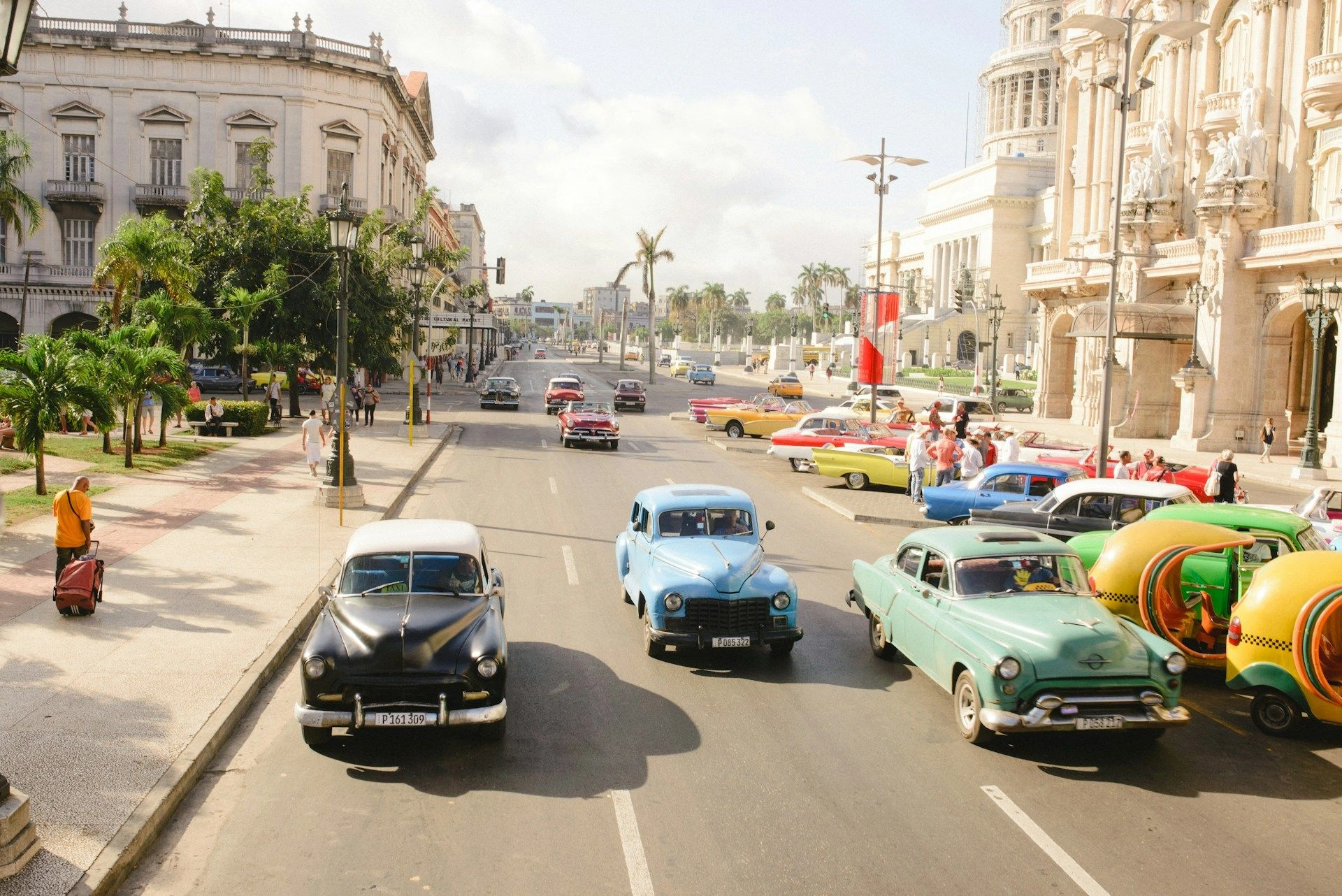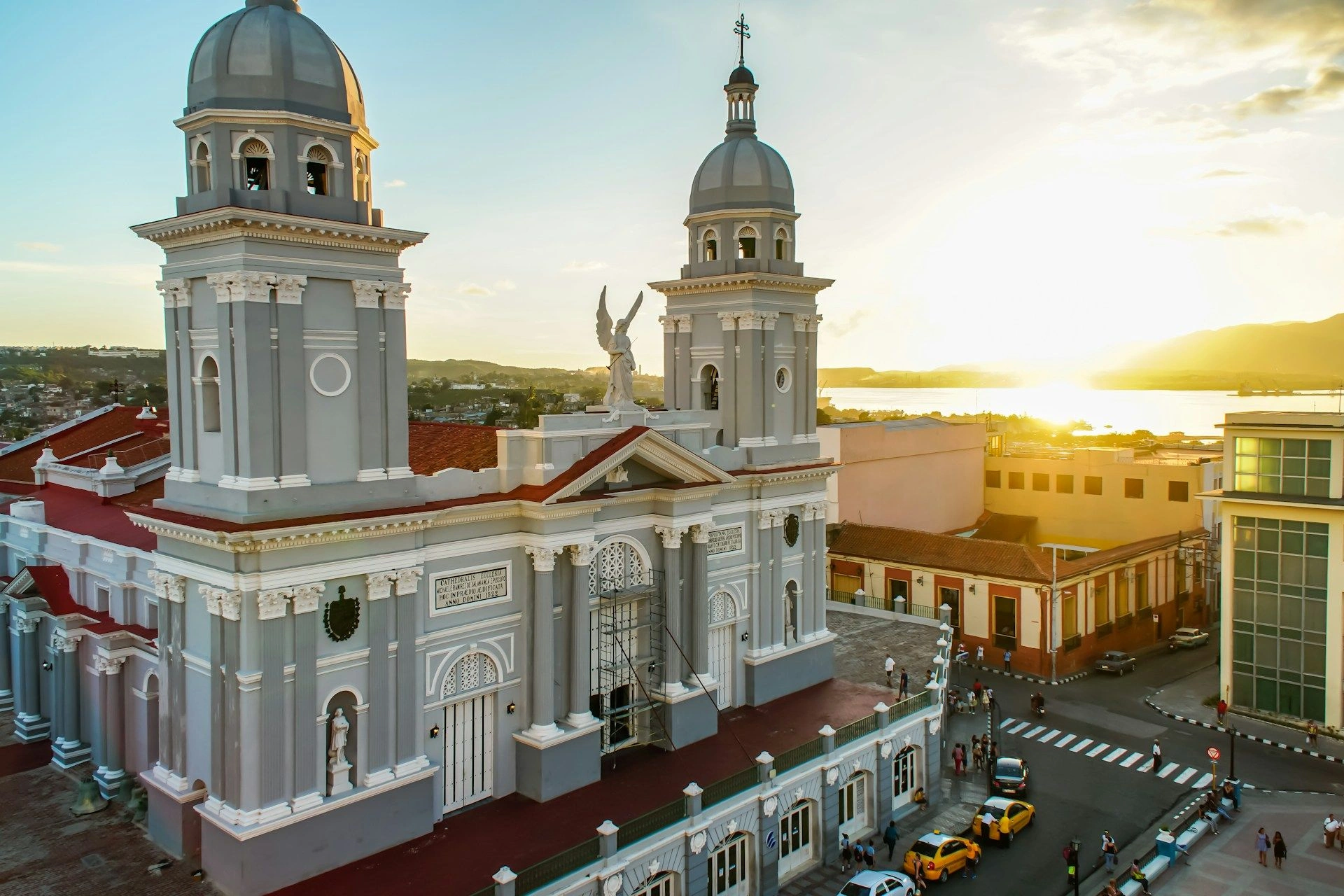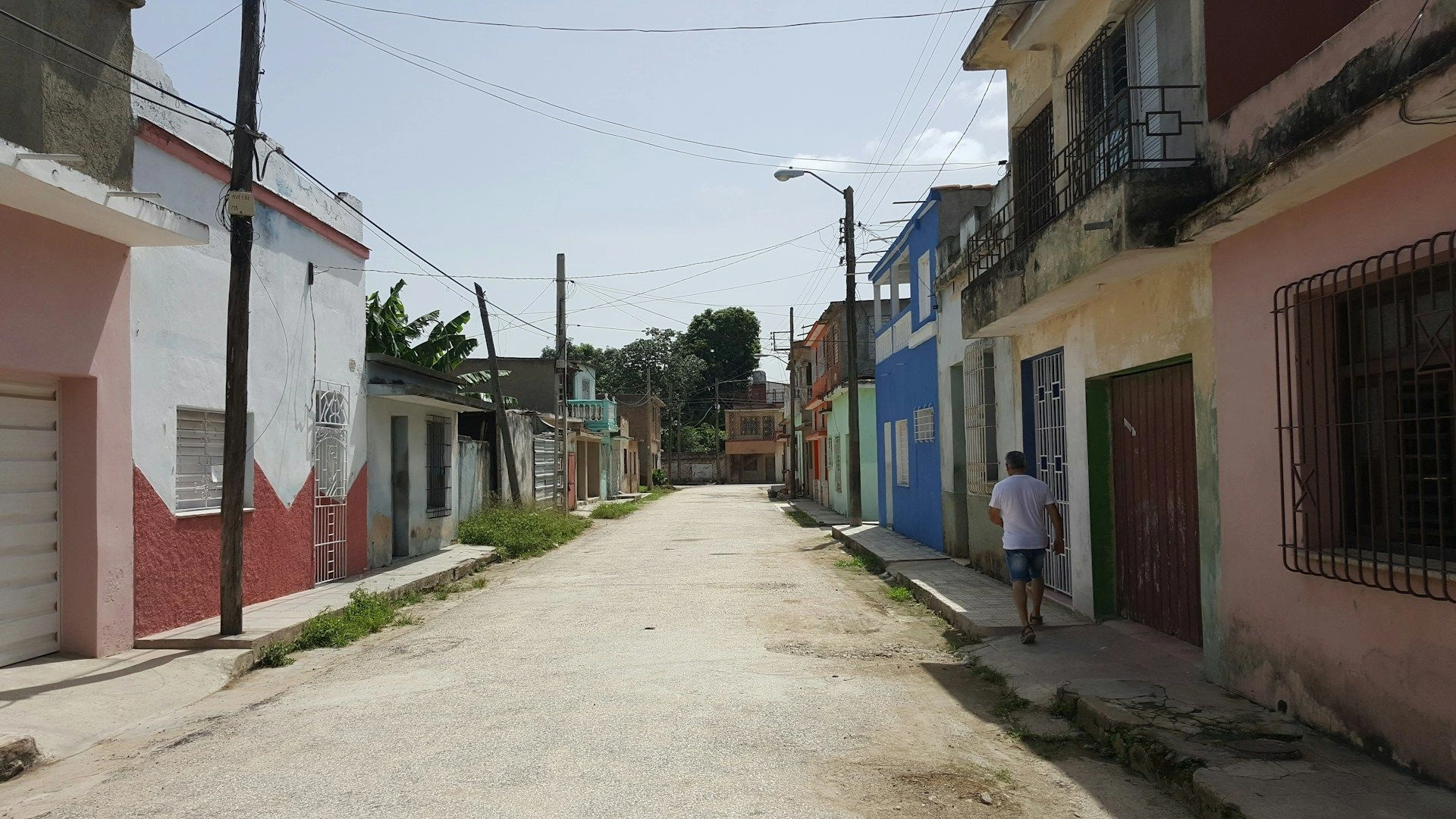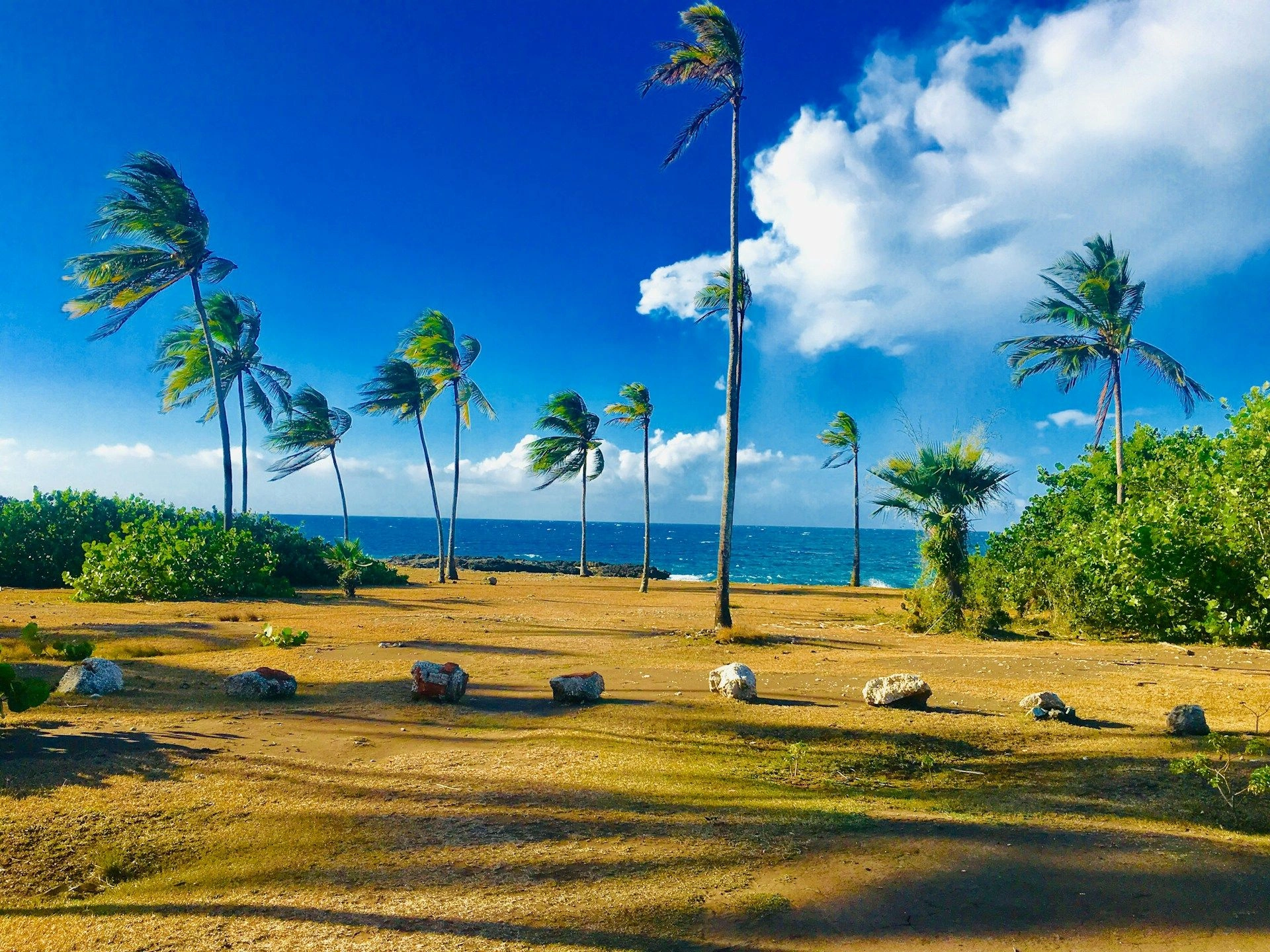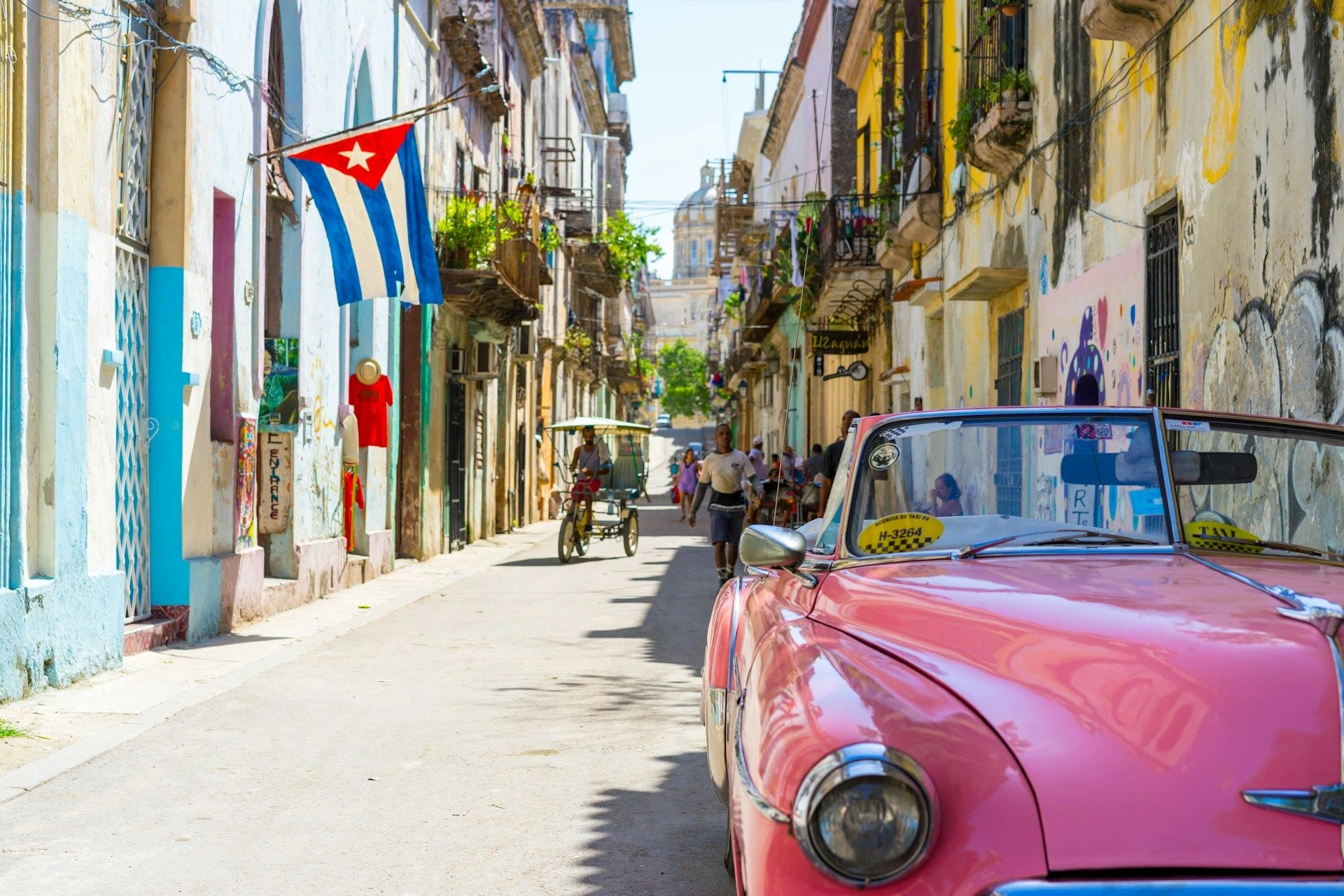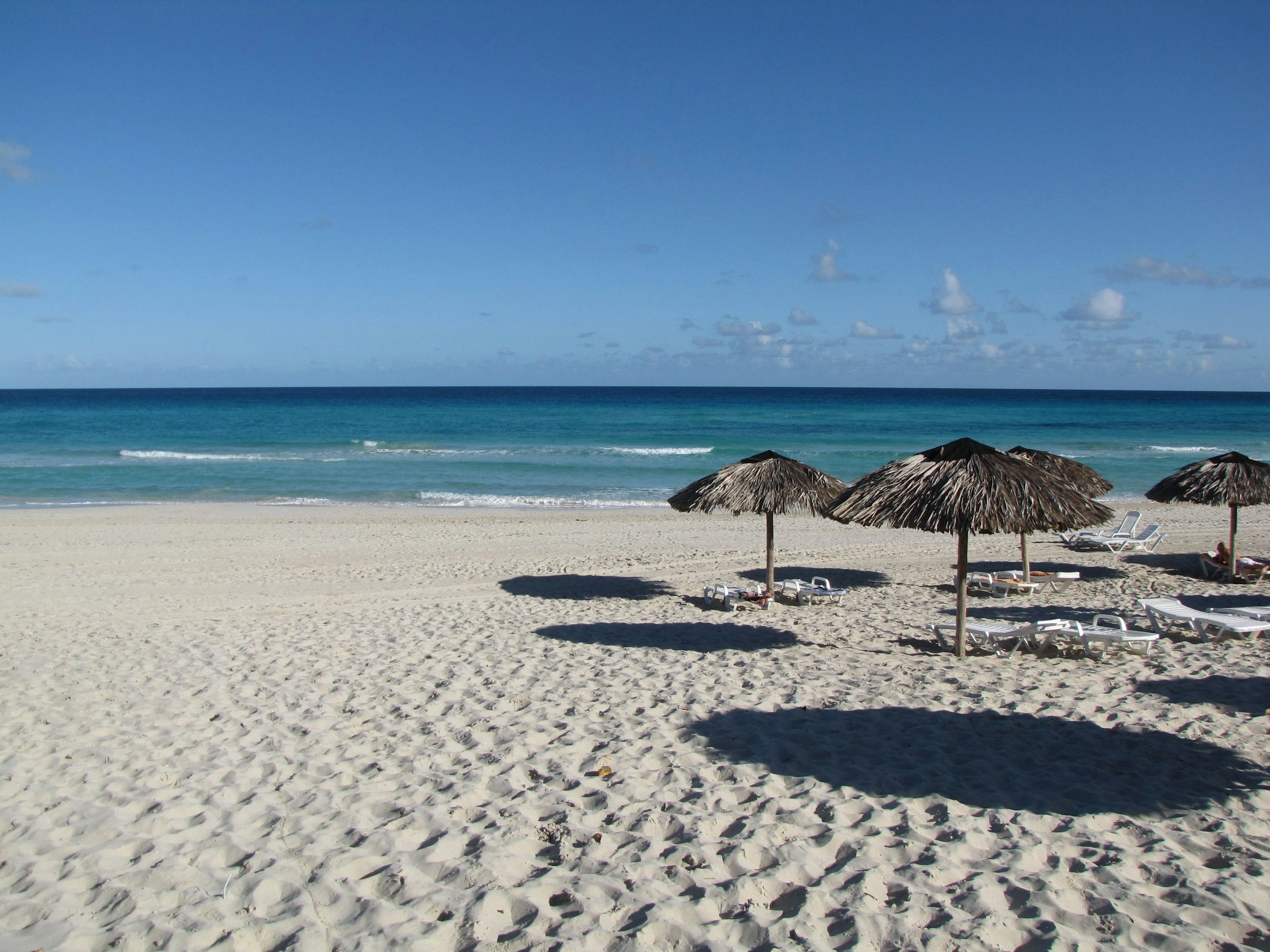Multi-Family Investment Properties in CubaLife shaped by historywarmth, and stories

Best offers
in Cuba
Popular
cities and regions in Cuba
Benefits of investment in
Cuba real estate
Historic cities with international interest
Havana and other cultural hubs attract global travelers, creative industries, and investors in tourism infrastructure.
Tourism-driven property formats
Select zones support investment in hospitality-related developments and managed residences.
Ongoing modernization and new market segments
Urban upgrades and international cooperation bring fresh energy to the property landscape.
Historic cities with international interest
Havana and other cultural hubs attract global travelers, creative industries, and investors in tourism infrastructure.
Tourism-driven property formats
Select zones support investment in hospitality-related developments and managed residences.
Ongoing modernization and new market segments
Urban upgrades and international cooperation bring fresh energy to the property landscape.

Useful articles
and recommendations from experts
Real Estate in Cuba: Limited Access with Controlled Investment Pathways
Why Real Estate in Cuba is Unique
Cuba represents one of the most distinctive and restricted real estate markets in the world. Due to its socialist framework and centrally planned economy, most real estate is state-owned or heavily regulated. However, recent reforms and ongoing liberalization have created limited opportunities for foreigners, particularly in tourism-related sectors or through joint ventures. The country’s unique cultural heritage, vintage urban landscape, and untapped coastal areas continue to draw international interest — even under tight legal constraints.
Types of Property and Permitted Uses
The Cuban property landscape includes a mix of historic housing, socialist-era apartment blocks, state-licensed rentals, and some limited new developments:
- Historic Urban Residences: Mostly found in Havana Vieja and central Santiago de Cuba, these colonial buildings are often owned and occupied by Cubans but occasionally leased to tourists.
- Post-Revolution Apartments: Functional units built in the 1970s–1990s, often in large blocks on the urban periphery.
- Tourism Zones and Resorts: Foreigners may invest in resort condos and hotels, but only through special economic partnerships or government concessions.
- New Developments (Limited): A small number of high-end projects like “Gran Manzana Kempinski” or “Carbonera Golf Resort” (planned near Varadero) allow foreign involvement via mixed ventures.
Most urban properties are for residential use only and cannot be used commercially or rented without government approval. In tourism zones, limited commercial development is allowed under strict licensing.
Legal Framework and Ownership Rules for Foreigners
Property ownership in Cuba is highly restricted. Foreigners cannot buy real estate outright in most cases. The only legal paths to participation include:
- Through Joint Ventures: Foreigners can invest in hotel developments, tourism infrastructure, and special residential projects by partnering with Cuban state companies (e.g., Gaviota, Gran Caribe).
- Residency Exception: Naturalized Cuban citizens returning from abroad may acquire one residential property and one vacation home.
- Inheritance or Marriage: A foreign spouse may inherit or co-own property, but only under specific conditions and subject to government approval.
- Leasing and Licensing: Some foreign entities lease buildings or operate under government-issued management contracts, particularly in hospitality.
Cuban citizens, since 2011 reforms, are allowed to buy and sell homes domestically — but foreign nationals generally cannot participate in this secondary market unless married to a Cuban national or operating under special legal status.
Property Prices and Market Conditions
Property prices in Cuba are not governed by typical supply-and-demand dynamics. Since most land is state-owned and resale to foreigners is banned, pricing is largely informal and based on cash transactions:
| Location | Type | Estimated Market Price (USD) |
|---|---|---|
| Havana Centro / Vedado | Apartment (owned by Cubans) | $20,000 – $80,000 |
| Miramar | Villa / Mansion (tourist rental) | $100,000 – $500,000 (unofficial) |
| Varadero (Resort Zone) | Condo in joint venture resort | $150,000 – $400,000 (if allowed) |
| Trinidad / Cienfuegos | Colonial home (restored) | $50,000 – $150,000 |
Prices are often based on “cash-only” arrangements between Cubans. These deals are not legally available to non-residents. Transactions within approved tourism ventures may follow formal pricing but require Ministry-level approval.
Taxes and Transaction Costs
For Cuban nationals, property transactions incur moderate taxes. For foreigners, real estate participation typically happens via corporate contracts or investment licenses, subject to negotiated terms. General fees include:
- Property Transfer Tax: 4% of cadastral value (for Cubans only).
- Inheritance Tax: Up to 10% of assessed value for non-Cubans; negotiable case-by-case.
- Rental Income Tax: For Cuban landlords, progressive rate up to 50% (if operating legally).
- Corporate Tax on Investment Income: Typically 35% for foreign companies operating under joint ventures.
- Annual Property Tax: Does not currently apply, as most property is considered public or social housing.
Taxation is handled through the Oficina Nacional de Administración Tributaria (ONAT). Compliance is essential, especially for foreign enterprises operating under formalized contracts.
Rental Market and Yield Potential
The rental market in Cuba is dominated by “casas particulares” — private rooms and apartments rented by Cubans to tourists under government license. Foreigners cannot own such properties but may benefit via partnerships or management contracts:
- Tourist Rental Yield (Havana Centro): $30–$60 per night for centrally located rooms.
- Luxury Villa Rental (Miramar): Up to $300/night for group accommodation or embassy use.
- Coastal Resort Units (Varadero): Profits split through hotel or condo management structures.
Foreign investors can achieve returns through stakeholding in tourist infrastructure, but not via direct Airbnb-style operations. Licensing and state partnerships are mandatory. Informal renting is prohibited for foreigners and subject to fines or expulsion.
Investment Scenarios
- Hotel Investment via Joint Venture: Partner with Gaviota Group in building a $20 million resort in Cayo Santa María; profits shared 50/50 under long-term lease.
- Property Management for Foreign Embassy: Lease a historic mansion in Havana through a Cuban intermediary to house foreign diplomats.
- Condo in Tourist Development: Acquire a 99-year lease on a resort condo (if permitted), rent through state-managed tourism channel.
Key Investment Zones
- Havana (Centro, Vedado, Miramar): Political and cultural capital, popular with tourists, embassies, and state functions.
- Varadero: Cuba’s main beach resort destination with international-scale hotels and limited residential development.
- Cayo Coco / Cayo Santa María: Remote resort islands targeted for joint venture development.
- Trinidad / Viñales: Heritage tourism zones offering guesthouse and cultural tourism potential.
Infrastructure and Living Standards
Cuba’s infrastructure varies by region, with urban zones better equipped than rural areas:
- Transportation: International airports in Havana and Varadero; poor road infrastructure inland.
- Utilities: Power and water services are unreliable in many zones; recent upgrades target tourist regions.
- Internet: Limited, expensive, and slow outside of hotels and public Wi-Fi spots.
- Healthcare: Free and accessible for residents; quality varies regionally.
- Construction Materials: Scarce and subject to import restrictions; rehabilitation is expensive and time-consuming.
Most real estate intended for tourists is built or maintained via state-controlled logistics chains and construction enterprises.
Legal Process and Challenges
- Direct Purchases Not Allowed: Foreigners may not acquire fee-simple property unless permitted by special law or residency exceptions.
- Contracts Must Be Approved: All foreign participation in real estate is channeled through contracts with state enterprises.
- Due Diligence Limited: Title registries exist but may be incomplete or non-digitized. Legal verification is challenging.
- No Title Insurance: Risk mitigation is based on government guarantees rather than Western-style insurance mechanisms.
Any investment should involve local legal counsel and possibly international arbitration clauses in contracts. Investors must accept higher risk and longer timeframes for returns.
Conclusion: A High-Barrier Market with Niche Potential
Cuba offers one of the most restricted real estate environments globally, with no path for typical freehold ownership by foreigners. However, structured opportunities do exist via government partnerships, hospitality development, or legacy investment models. These high-barrier investments require careful legal structuring, political patience, and long-term vision. While not suitable for casual buyers or short-term investors, Cuba may appeal to institutional players seeking early-stage presence in a unique, geopolitically significant location in the Caribbean.
